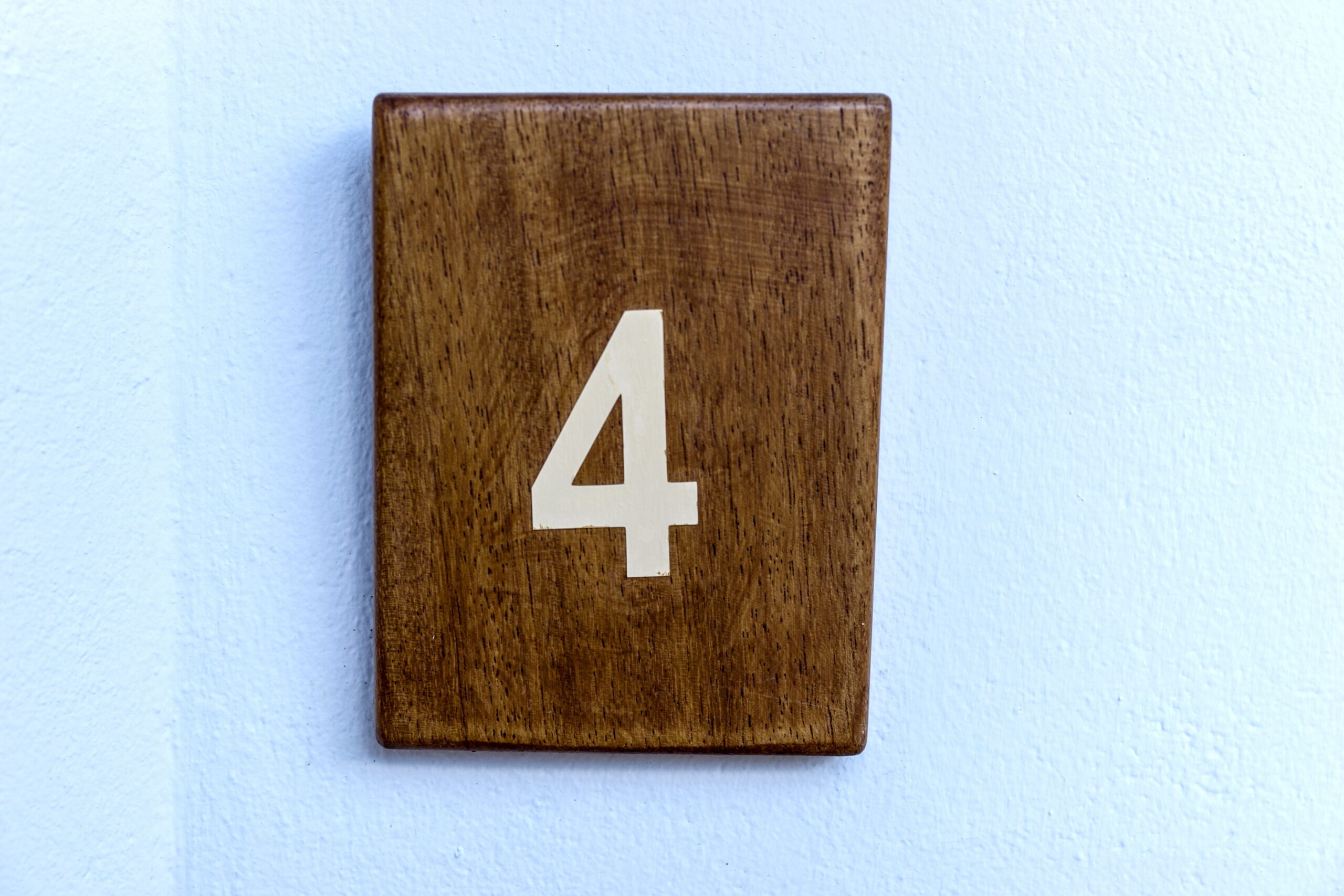
Why does one person have a bond rate of one percent, while another has a bond rate of fifteen percent? There’s no magic behind surety bond rates, but there is a lot of research. How are surety bond rates determined?
Short on time? Read our Surety Bond FAQ.
What is a Surety Bond?
A surety bond is an agreement between a surety bond company, a principal or the company or person who gets the bond, and an obligee or the company or person who’s covered by the surety bond.
A surety bond is in place in case the principal fails to fulfill an obligation to the obligee. For example, if a construction contractor takes on a project but cannot fulfill the terms of that project, the surety bond company would compensate those who were counting on the project’s completion.
Surety bond rates are largely determined by two things:
- Overall risk of the surety bond
- Your business/financial history
Overall Risk of the Surety Bond
Surety bond companies must determine whether the risk of giving a company or an individual a surety bond is worthwhile. To set a spectrum of bond rates, the company will look at the risk for that particular type of bond.
Some categories of bonds are inherently more risky than others. Construction projects tend to be higher risk, which means that companies default and are unable to complete a project, and the surety bond company must pay a sum to the obligee.
Other bonds are less risky. If you’re a mortgage broker or an insurance agent who’s looking for a license or permit surety bond, you’re not considered to be at a high risk of engaging in fraud, causing actions that cause loss, or otherwise harming your customers. Your industry would have lower overall surety bond rates.
Personal/Business Financial History
The other part of a surety bond rate is up to you: as an individual or a company, how risky an investment are you? There are many ways to lower your bond rate.
Let’s take a project-based surety bond as an example. If you’re seeking a surety bond for a construction project, the bond underwriter looks at your company’s financial and organizational history to determine how you have managed projects in the past and uses this to assess how you could manage a project in the future.
The underwriter also looks at your financial capacity to manage a project. Do you have a budget plan and access to credit? If you have excellent references, a history of managing all of your projects to a successful completion, a solid budget for this particular project, and access to credit if you need it, the chances are that your company is relatively low risk.
An underwriter works with a spectrum of bond rates. If you’re likely to complete a project successfully, you’re a low risk and get a lower rate. If you have fewer references and less access to credit, you may get a higher bond rate.
Do You Need a Surety Bond?
Are you looking for a surety bond? Even if you have poor credit, you may still be able to get a surety bond. At Surety Solutions, get the best surety bond rates by choosing from a wide variety of quotes. Our Bond Cost Calculator can get you more than thirty quotes quickly and easily.
Related Posts






